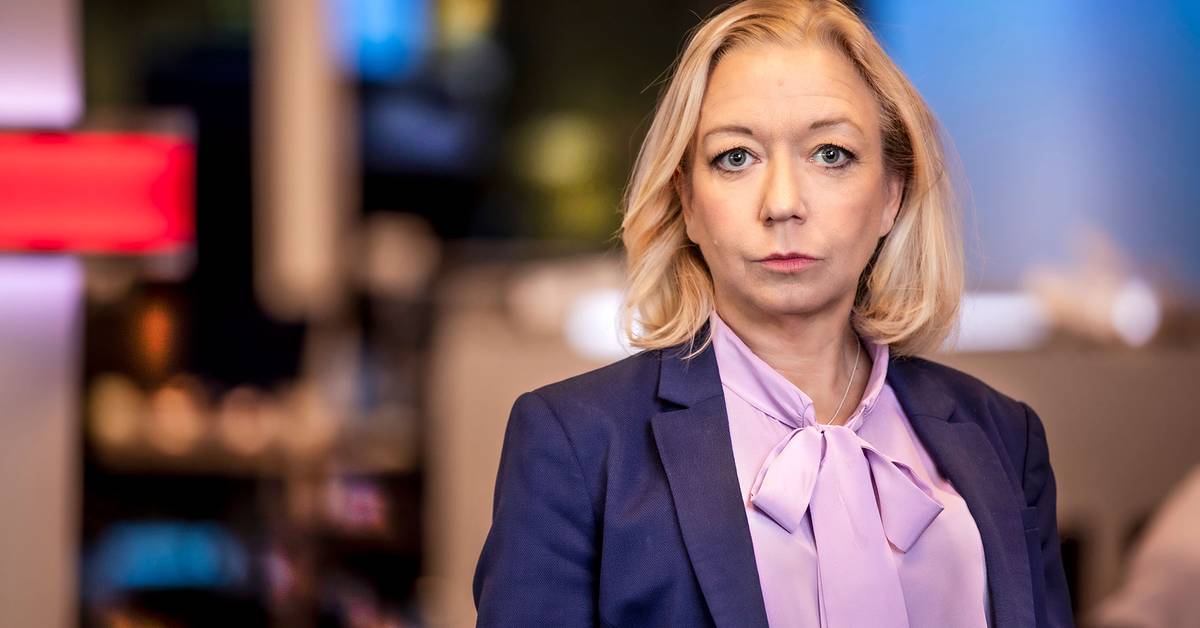"I have nothing to offer but blood, toil, tears and sweat." Finance Minister Elisabeth Svantesson (M) does not go that far, but the core of the government's recent message is reminiscent of Winston Churchill's.
It will be tough for some time yet, it is important to persevere and above all, there will be no broad support for households to mitigate the effects of the crisis. The government's first, second and third priorities right now are to do nothing that can fuel inflation. According to the government, sending more money into the system would have just that effect and lead to further interest rate hikes and an even tougher blow for households. Thus, the government's fiscal strategy will be to sit still in the boat. Taking responsibility becomes synonymous with as few actions as possible.
A way to show action
It is not straightforward for a government that went to the polls because it has become too expensive to be Swedish. Who gained because wallet issues dominated the final stages of the election campaign. And whose biggest budget line, the reduction in fuel tax, gave a few tens of pennies at the pump. The opposition is airing the morning air, accusing the government of sitting on its hands and lacking an emergency plan. Increased child allowances, free school breakfasts and reduced VAT on basic goods are just some of the proposals that the government has so far rejected.
Then the conversations with the big food companies become a way to show that they are still acting. There is unlikely to be a price cap. Not voluntary and definitely not regulated. Both blue and red governments have for decades abandoned price regulation as a fiscal tool. And as long as it is only the Left Party that demands it, it is easy for the finance minister to dismiss.
New subsidies may come in the spring budget
But barking at the food giants costs nothing. Ask Anders Borg (M). He feuded with the four major banks repeatedly during the financial crisis where dividends, bonuses and large profit margins on mortgages were in the firing line.
The next opportunity to show decisiveness is the spring budget, where targeted support for the most vulnerable households is a low-oddsr. For example, an extension and possibly strengthening of the increased housing allowance for families with children. Increased maintenance support is another possible measure in the toolbox. As well as more money for labour market measures and adult education.
Regardless of the content, the opposition's response will be that it is too little.
May have a hard time next election
The Government also refers to the measures already laid down in the autumn budget and to electricity price support. All in all, this means many billions to households. But that message is hard to sell after a pandemic that has created expectations that the state will step in and compensate for most of the time in a crisis.
So how stressed are the M-led ministrations of the criticism? Less than one would have expected given the historic drop in confidence.
One explanation is the consensus with the main opposition party. Because even though S criticizes the government harshly for not doing enough, they are on board when it comes to fiscal policy must be restrained.
Another explanation is that there is a long way to go. Once inflation has fallen back, the government intends to realize the tax cuts they went to the polls on. But if voters do not feel that their personal finances have improved in 2026, the Tidö parties will have a hard time in the next election.

